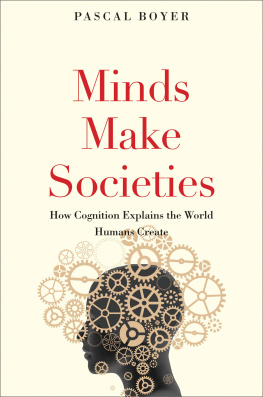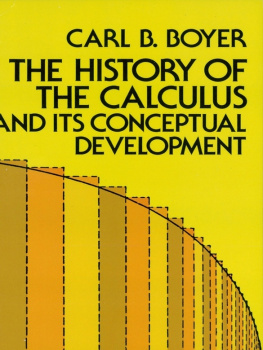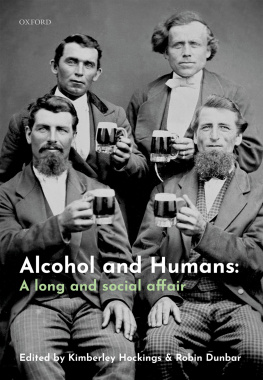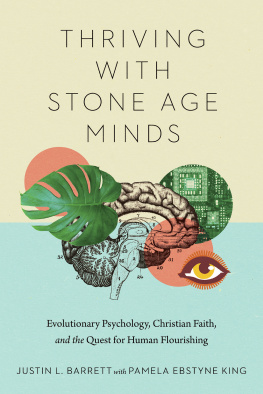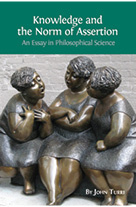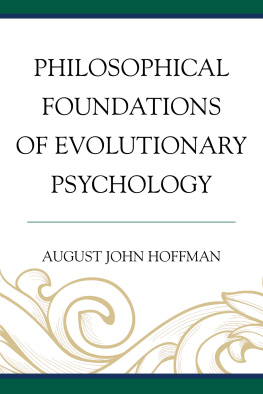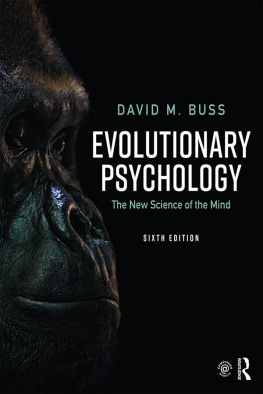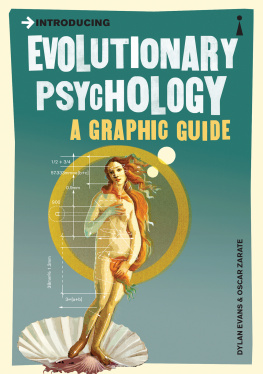Minds Make Societies

Published with assistance from the foundation established in memory of Philip Hamilton McMillan of the Class of 1894, Yale College.
Copyright 2018 by Pascal Boyer.
All rights reserved.
This book may not be reproduced, in whole or in part, including illustrations, in any form (beyond that copying permitted by Sections 107 and 108 of the U.S. Copyright Law and except by reviewers for the public press), without written permission from the publishers.
Yale University Press books may be purchased in quantity for educational, business, or promotional use. For information, please e-mail (U.K. office).
Set in Bulmer type by IDS Infotech, Ltd.
Printed in the United States of America.
Library of Congress Control Number: 2017958313
ISBN 978-0-300-22345-3 (hardcover : alk. paper)
A catalogue record for this book is available from the British Library.
This paper meets the requirements of ANSI/NISO Z39.48-1992 (Permanence of Paper).
10 9 8 7 6 5 4 3 2 1
To Louis and Claire, from afar
Contents
INTRODUCTION:
HUMAN SOCIETIES THROUGH THE LENS OF NATURE
CONCLUSION:
COGNITION AND COMMUNICATION CREATE TRADITIONS
Preface
HUMANKIND IS SPECIAL IN MANY WAYS , as the result of its evolutionary history. Among other unique features, humans are special in that they build complex and apparently very different societies. Recent developments in different sciences are now converging to provide explanations for many aspects of these societies, for the particular ways in which humans for instance create hierarchies, families, gender norms, economic systems, group conflict, moral norms, and much, much more. This exciting scientific development, still in its early age, is what I describe in this book.
This new perspective on human societies did not originate in a flash of inspiration, in the revelation of a new theory of societies. That is not the way sciences work. Rather, what I present here is an accumulation of very specific scientific findings, in various fields like evolutionary biology, cognitive psychology, archaeology, anthropology, economics, and more. Rather than giving us a general theory of society, this perspective offers specific answers to specific questions, such as, Why do people want a just society? Is there a natural form of the family? What makes men and women behave differently? Why are there religions? Why do people participate in conflicts between groups? And so forth.
That is why each chapter in the main part of this book deals with one of these crucial questions. In each chapter, I explain how one of these crucial questions is addressed in a new and surprising way in this new kind of social science, which of course does not amount to providing the definitive answers to any of the questions in the titles. Nor do these chapters offer a survey of all that has been written about these various questionsin each case a long book would barely suffice.
Most of the findings and ideas presented here, and probably all the important ones, are other peoples. I merely provide the connections between these elements of a new approach to human societies. I have included multiple references, not just to give credit where due, but also to orient curious readers to the best in recent scholarship. The endnotes only provide references to these sources. They contain no other material, to avoid distracting from the argument.
Minds Make Societies
Introduction
Human Societies through the Lens of Nature
WHY SHOULD SOCIETY BE A MYSTERY ? There is no good reason human societies should not be described and explained with the same precision and success as the rest of nature. And there is every reason to hope that we can understand social processes, as their impact on our lives is so great. Since there is no better way than science to understand the world, surely a science of what happens in human societies is devoutly to be wished.
But until recently we had nothing of the kind. This was not for lack of effort. For centuries, students of societies had collected relevant facts about different societies. They had tried to compare places and times and make sense of it all, often desultorily groping for principles of society or history that would emulate the clarity of natural laws. In many cases this effort proved fascinating and illuminating, from Ibn Khaldun and Montesquieu to Tocqueville, Adam Smith, and Max Weberand many others. But there was little sense of cumulative progress.
All this is changing, mostly because evolutionary biology, genetics, psychology, economics, and other fields are converging to propose a unified understanding of human behavior. Over the past few decades, a variety of scientific fields have made great progress in explaining some crucial parts of what makes humans specialin particular, how humans build and organize societies. The main reason for this progress was a radical shift from tradition. The social sciences, at some point in their history, had made the disastrous mistake of considering human psychology and evolution of no importance. The idea was that understanding history and society would not require much knowledge of how humans evolved and how their organs function. In that view, the natural sciences could tell you many things of great interest about humans, about the reasons we have lungs and hearts, about the way we digest or reproducebut they could never explain why people would storm the Winter Palace or throw chests of tea into Boston Harbor.
But that was all wrong. As it happens, findings from evolutionary biology and psychology as well as other empirical sciences are crucial to explaining such events, and social processes in general. In the past fifty years or so, the scientific study of humankind has made great strides, producing ever-greater knowledge of how brains work and how evolution shaped organisms, as well as formal models of how people interact and how such local interactions give rise to global dynamics.
That we would progress toward this more unified perspective on human societies was anticipated for some time. But it is only recently that the study of how people form and manage groups has been turning into a proper scientific enterprise, with many difficult questions and frustrating uncertaintiesbut also surprisingly clear results.
What Sort of Things Do We Want Explained?
One should never start with theory. Instead of first principles and deductions, let me offer a collagea ragtag, fragmentary, and unorganized list of phenomena we would want a proper social science to explain.
WHY DO PEOPLE BELIEVE SO MANY
THINGS THAT AIN T SO ?
All over the world, a great many people seem to believe things that others judge clearly absurd. The repertoire of what counts as reasonable in one place, and utter nonsense in another, is vast. Some people fear that contact with outsiders will make their penis disappear, while others hope that reciting a formula can make a stranger fall in love with them. People transmit to each other all kinds of rumors and urban legends. Some say that the AIDS epidemic was engineered by the secret services. Others maintain that the machinations of witches are certainly the explanation for illness and misfortune. It would seem that human minds are exceedingly vulnerable to low-quality informationand that scientific or technical progress seems to make little difference.
WHY POLITICAL DOMINATION ?
Man, some have said, is born free yet everywhere is in chains. Why do human beings tolerate domination? Social scientists, it seems, should try to explain to us how political domination can emerge and subsist in human groups. They should explain peoples submission to autocratic emperors for most of Chinese history, their enthusiasm for nationalistic demagoguery in twentieth-century Europe, their cowed acceptance of totalitarian communist regimes for seventy years, or their toleration of kleptocratic dictators in many parts of contemporary Africa. If it is true that the history of most hitherto existing society is the history of domination by kings, warlords, and elites, what makes such oppression possible, and durable?
Next page
